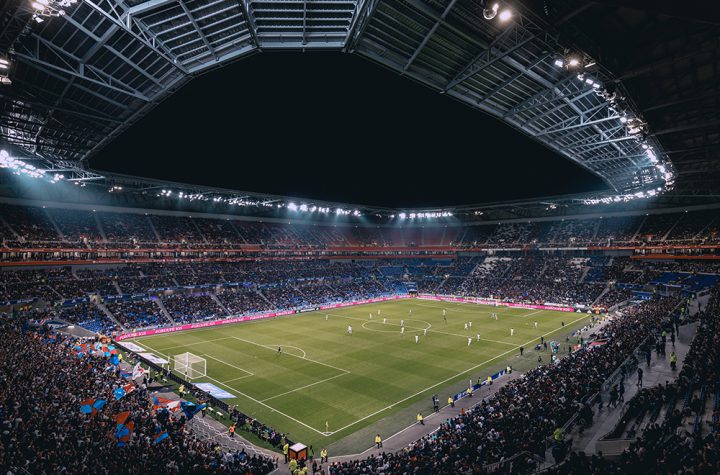
Corporations still engaged in buck-passing
Almost none of the corporate entities involved as client, consultant or contractor in the Grenfell Tower refurbishment are accepting much blame for the disaster and have ignored pleas from the inquiry not to engage in a merry-go-round of buck-passing, said the lead counsel to the inquiry, Richard Millett QC.
Cladding maker knew it was dangerous on facades
Arconic, the US industrial conglomerate that made the cladding panels, knew in 2011 they were too flammable for use across Europe, but believed it could still work with regulators who are not as restrictive. A 2015 internal email showed that Arconic knew the material was dangerous on facades and everything should be transferred to fire retardant as a matter of urgency. The Arconic official wrote that a standard interpreted as allowing its use should have been discontinued over 10 years ago.
Insulation firm voiced worries
Celotex, the company that made Grenfells synthetic insulation, was worried in 2013 that its material should not be used with aluminium composite cladding, saying in an email: Do we take the view that our product realistically shouldnt be used behind most cladding panels because in the event of a fire it would burn?
Council officers inspected building seven times
The Royal Borough of Kensington and Chelsea sent building control officers to examine the cladding system being installed at Grenfell seven times but found nothing wrong. The view expressed by building control was that the work was completed to a high standard, the inquiry heard. The council has accepted that it failed in its duty on building safety.
Cladding installer also faces questions
Staff at Harley Facades, the company that installed the cladding, have been interviewed by Scotland Yard detectives investigating possible manslaughter and corporate manslaughter charges. The counsel for the firm, Jonathan Laidlaw QC, said it was deeply unfair to suggest they knew how unsafe the materials they were using were. They have also suffered and they are also now confronted with having to give evidence in the glare of a level of publicity they can have had no previous experience [of].





More Stories
US president-elect Joe Biden has listed four priorities for his forthcoming presidency. These include Covid-19, economic recovery, racial equity and climate change.
What are the restrictions within Victoria and the border closures with NSW and Queensland? How far can I travel, and how many people can I have over at my house? Untangle Australia’s Covid-19 laws and guidelines with our guide
Apple has suspended new business with supplier Pegatron after the Taiwan-based original equipment manufacturer misclassified student workers. Apple also said Pegatron broke its Code of Conduct for suppliers. In a statement provided to Bloomberg, Apple said, “…